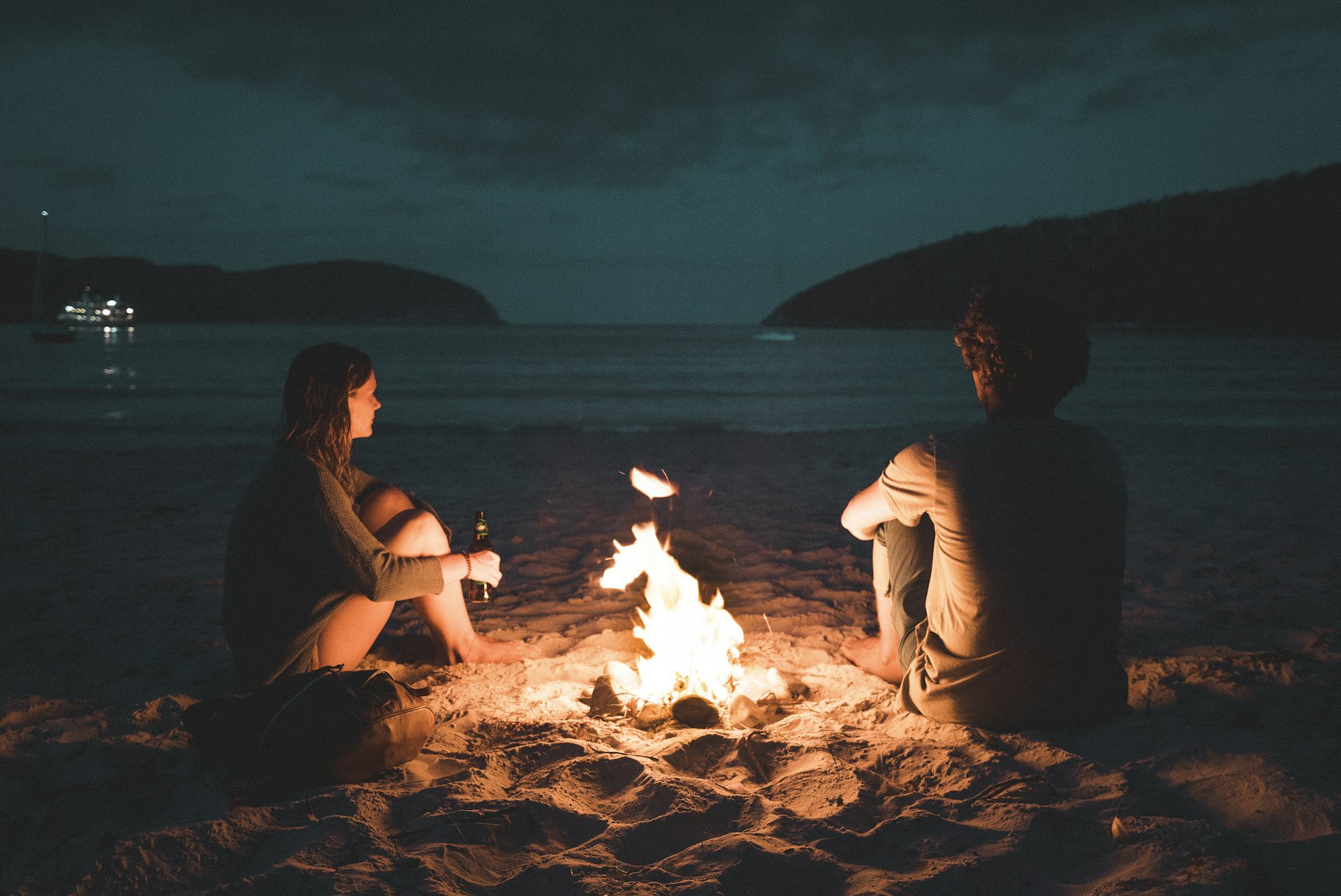Quipungo, Angola
population: 0.05 million
extension: 3,380 square kilometers
Museums
If you're in Quipungo, Angola and want to visit museums, one option is to visit the National Museum of Slavery located in nearby Luanda. This museum provides insight into Angola's history and the transatlantic slave trade.
Other museums in the area include the Anthropology Museum of the Faculty of Social Sciences at Agostinho Neto University, also in Luanda, which showcases cultural artifacts from across Angola.
If you are interested in visiting other types of places in the area, popular attractions in Angola include the Kalandula Falls, the Kissama National Park, and the Fortaleza de São Miguel in Luanda.
Food
Some popular and typical dishes to eat in Quipungo, Angola according to local people include:
1. Muamba de Galinha: A stew made with chicken, palm oil, garlic, onions, okra, and spices like red pepper and ginger.
2. Calulu: A traditional Angolan dish made with dried fish or meat, onions, tomatoes, and greens such as cassava leaves or cabbage.
3. Pirão: A thick, starchy porridge made from cassava flour and served with various stews and sauces.
4. Funje: A staple food in Angola made from cassava flour and water, similar to polenta.
5. Mufete: A seafood dish that typically includes grilled fish, shrimp, lobster, or crab served with a side of funje.
6. Chikuanga: A dish made with cassava leaves, peanuts, and coconut milk, often served with rice.
7. Doce de Ginguba: A dessert made with peanuts, sugar, and water, boiled until it forms a sweet, sticky paste.
These dishes are just a few examples of the many delicious and unique foods you may encounter while visiting Quipungo and Angola!
Activities
As a language model, my training data only goes up until September 2021 and I don't have current information on local activities in Quipungo, Angola. However, some popular activities that locals enjoy in Angola include attending music festivals, visiting local markets, exploring the country's natural landmarks, such as waterfalls and beaches, and trying local cuisine. You may also consider participating in cultural events, such as traditional dance performances or visiting historical sites to learn more about Angola's history and culture. It is always a good idea to check with local tourism boards or ask locals for recommendations on fun activities in the area.
